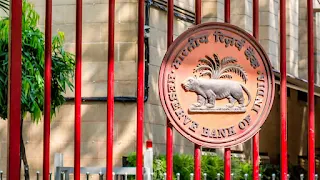
- However, they will require approval from the Registrar of Cooperative Societies of the respective state.
- The decision to close a branch should be taken by the Board of the bank.
- This decision should be based on a thorough evaluation of various relevant factors and the entire process should be properly recorded and minuted during the Board meeting.
- To ensure transparency and minimize inconvenience to depositors and clients, DCCBs must provide a two-month notice in advance of the branch closure.
- This notice should be published in local leading newspapers through a press release.
- Additionally, the bank must communicate this information well in advance to every constituent of the branch.
- When a DCCB decides to close a branch, they are required to return the original license or licenses issued for that particular branch to the Regional Office of the RBI that is concerned with their operations.
Question:
Q.1 Who has the authority to close un-remunerative branches of DCCBs without seeking prior permission from the RBI?a. The Board of the bank
b. The Registrar of Cooperative Societies of the respective state
c. The Ministry of Finance
d. The Prime Minister of India

